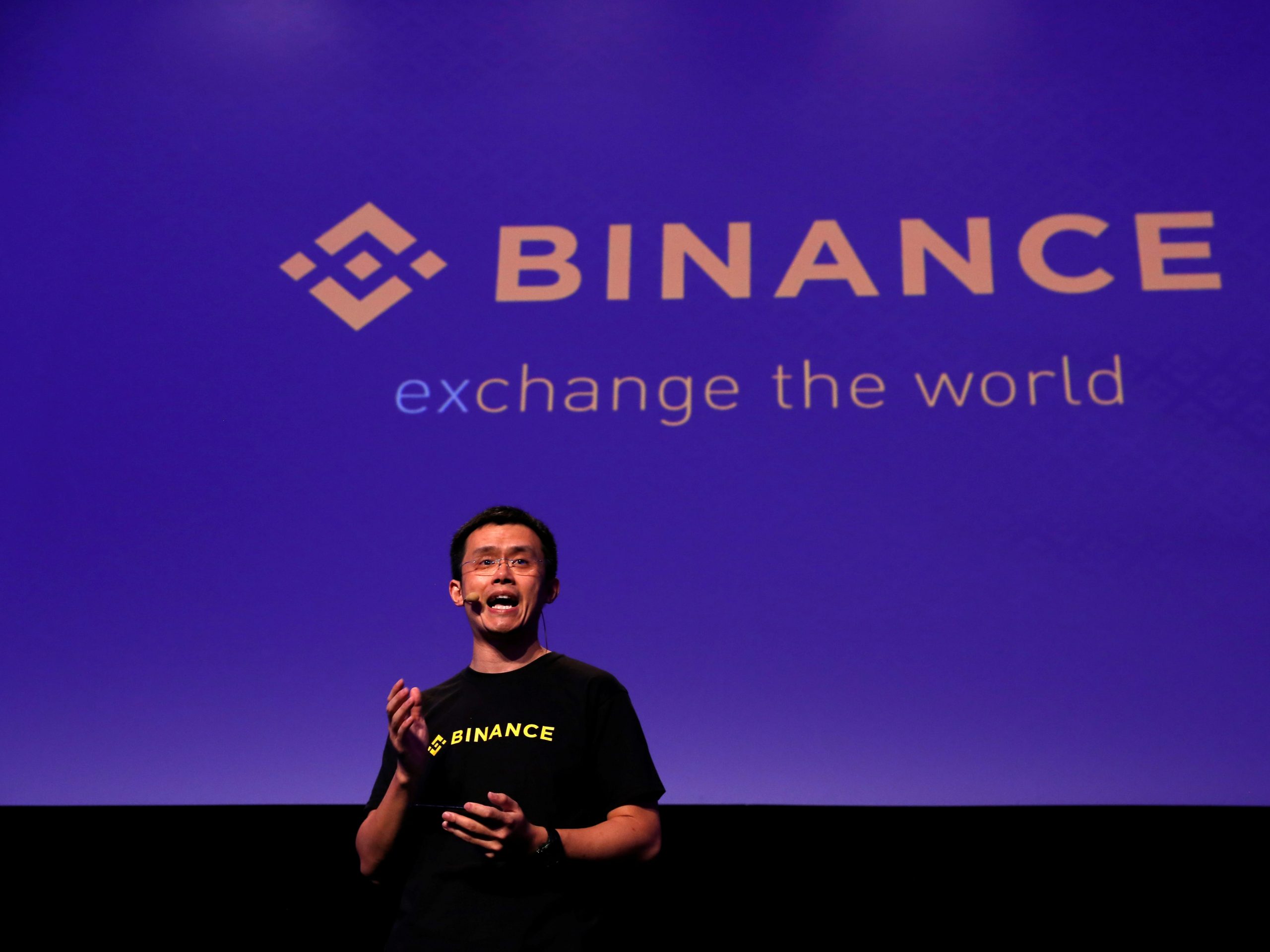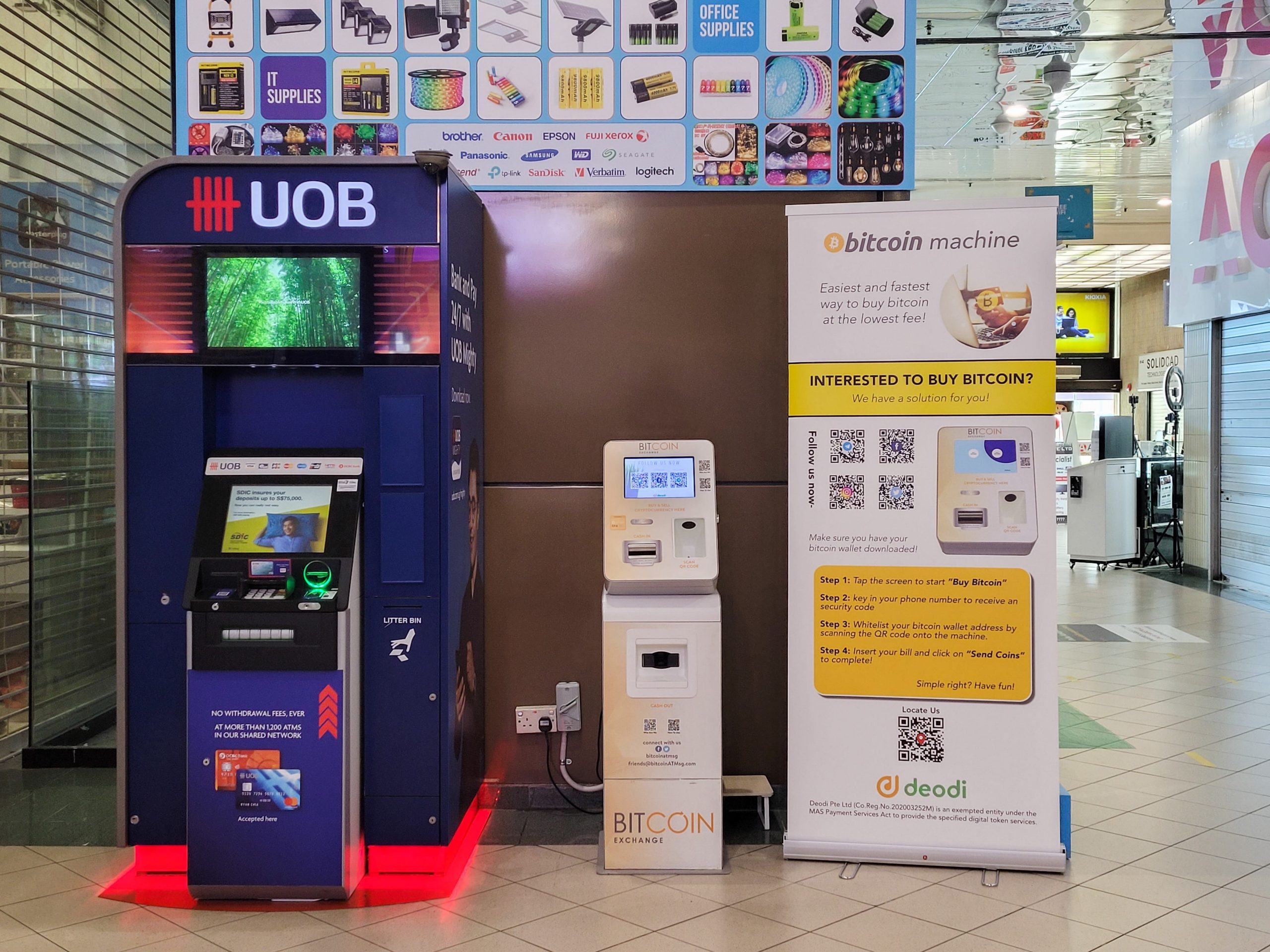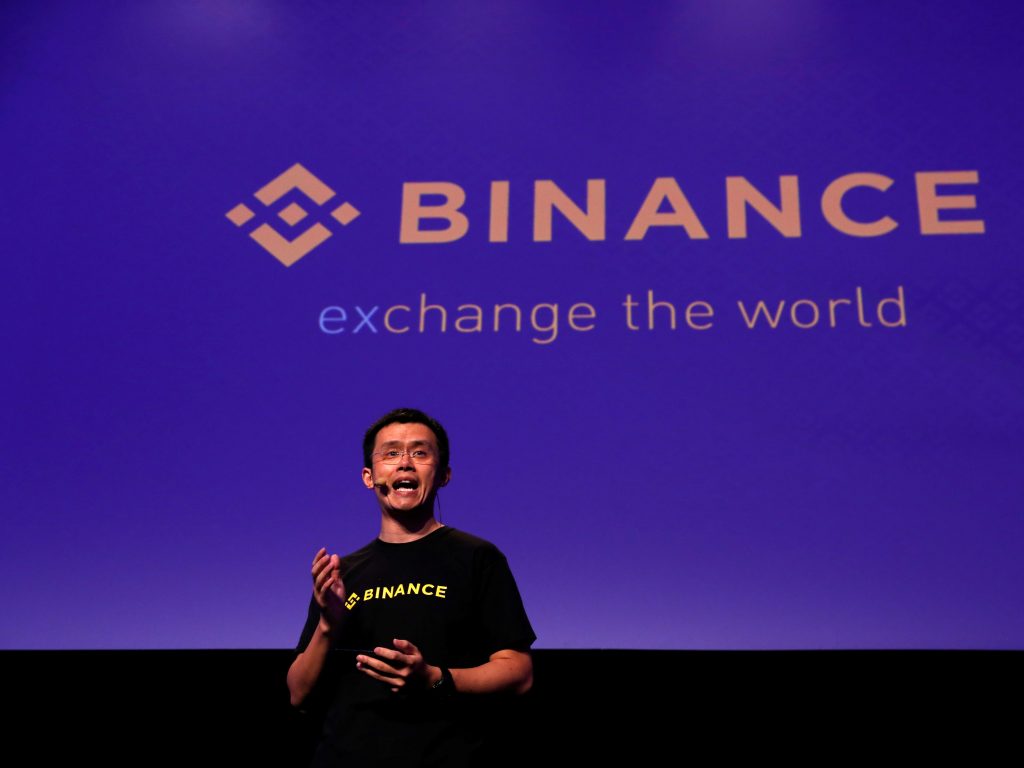
REUTERS/Darrin Zammit Lupi
- Singapore has been attracting crypto companies and execs like big exchange platform Binance.
- Meanwhile, the rest of the world is set to clamp down on cryptocurrency businesses like Gemini.
- Crypto companies told Insider they launched offices in Singapore because of its regulatory environment and its potential for growth.
- Visit Insider's homepage for more stories.
As the rest of the world cracks down on cryptocurrencies, the island nation of Singapore is becoming a hotspot for global crypto companies and executives with its warmer regulations and license exemptions.
Binance, the world's largest crypto exchange by trading volume, is one of the most prominent groups to set up shop in the country, with CEO Changpeng Zhao having moved to the city-state in recent years.
In the rest of the world, the exchange has faced a flurry of clampdowns from various governments, largely over concerns of unregulated activity that has the potential to be used for money-laundering or terrorist funding. Thailand, Japan, the EU, Canada, and the US are all probing or taking action against Binance, and the exchange was banned from the UK in June.
But crypto players like Binance have found Singapore to be a paradise of opportunity, even while a regulations storm looms over the industry in other parts of the globe.
Big crypto groups must have a license to operate in Singapore, but can get license exemptions from the Monetary Authority of Singapore while they wait for their applications to be finalized. So far though, MAS still has not finished any applications since it introduced the concept in its early 2020 Payment Services Act.
Over 300 companies have applied for licenses so far, said MAS chief fintech officer Sopnendu Mohanty in a Bloomberg interview, many of which are already operating in the city-state.
Chia Hock Lai, chair of the Blockchain Association of Singapore, told Insider the simple regulatory process is what makes Singapore a hit with crypto firms.
Cryptocurrencies are not yet legal tender in Singapore, and are instead labeled as goods that can be used for exchange.
Even so, Singapore is "seeing growing institutional and ancillary players coming to set up shop," he said.

Joseph Nair/NurPhoto via Getty Images
Companies laud potential for crypto growth in Singapore
The cryptocurrency market in Singapore is still relatively small. For example, noted Chia, the combined peak daily trading volumes for Singapore's top three cryptocurrencies is only 2% of what it trades in securities every day.
"Cryptocurrencies comprise less than 0.01% of the assets in funds managed by MAS-regulated fund managers," Chia added.
The potential to grow in this market is partially what attracted crypto companies to the Asian financial hub, they said.
Gemini, a US-based cryptocurrency started by Tyler and Cameron Winklevoss, told Insider it's been aggressively hiring at its Singapore office.
"Gemini recognizes that Southeast Asia is an important part of the crypto movement," said its managing director for Asia Pacific, Jeremy Ng, in an email. He added that Gemini is planning to stay in Singapore long-term.
In 2019, Chinese billionaire crypto co-founder Jihan Wu also established a fintech platform called Matrixport in the city-state. Matrixport CEO John Ge told Insider Singapore has provided a "conducive environment" to nurture fintech and crypto innovations.
Singapore's sovereign wealth fund, GIC, has spent hundreds of millions in crypto-related investments. This includes a $70 million stake in fintech company BC Group, the parent company of crypto exchange OSL, which also started an office in Singapore in 2019.
Matt Long, OSL's head of distribution and prime, told Insider: "If you look at the environment with respect to regulation, with respect to financial markets, and within that fintech and blockchain, the growth in wealth and asset management, all the positive things that the MAS has done - I think the question is why wouldn't we be setting up in Singapore?"
Dit artikel is oorspronkelijk verschenen op z24.nl
